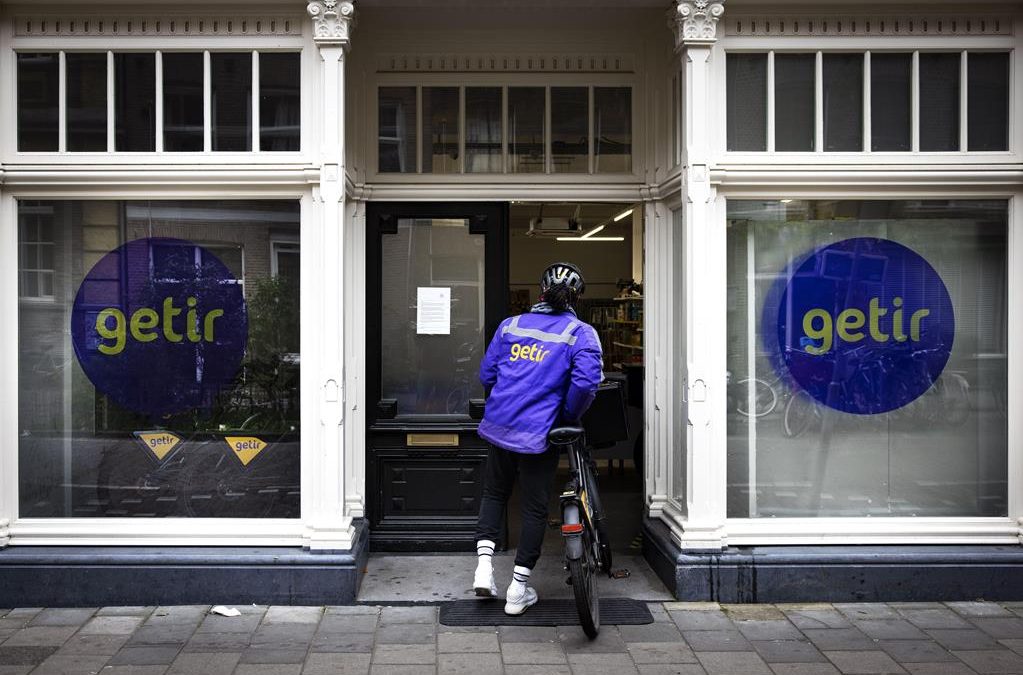France’s top administrative court ruled on Thursday that “dark stores” are now categorized as warehouses, according to a report by Bloomberg, giving Paris and other cities the ability to remove them from residential areas.
“Dark stores” alternatively called micro-fulfilment centers are locations for ultra-fast delivery grocery services like Getir and Gopuff to fulfill orders. The centers do not allow in-person shopping and usually cover windows with paper or labels. Such centers were heavily established during the pandemic, especially in Europe, in high-population areas to achieve the promised 10- to 15-minute delivery service.
In Paris, dark stores have faced backlash from city officials and neighborhood residents who say delivery e-bikes are clogging the streets, and that the centers are disrupting local businesses.
Labelling dark stores as warehouses in France bans the centers from operating in residential areas. The decision overturns last fall’s lower court ruling that dark stores are “urban logistics spaces,” which allowed them to stay and blocked Paris authorities from issuing fines.
In the U.S., similar concerns have been voiced on rapid-grocery fulfilment centers. New York city council members have argued that dark stores violate zoning laws because they operate mostly as warehouses and should move out of neighborhoods. In response, some stores began allowing walk-in customers and removed paper that previously obscured the store’s interior. New York officials continue to push to regulate the fast-grocery concept.
While France’s decision may foreshadow what is to come in other parts of the world, the ruling comes as the ultra-fast sector faces other challenges, such as retaining funding post-pandemic. Speedy delivery startup Food Rocket recently joined the list of other like-startups that shuttered operations. Getir and Gopuff have also laid off workers.


